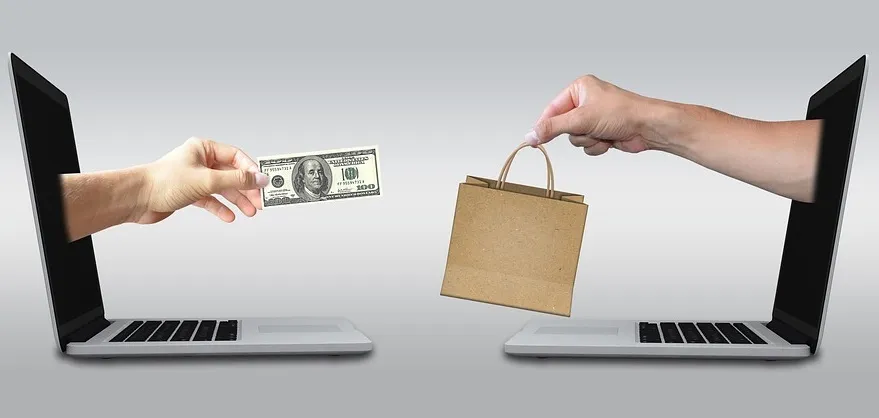
OP Coin Exchange: A Deep Dive into Digital Trading Platforms
The proliferation of digital assets and their encompassing technologies has led to the emergence of various cryptocurrency exchanges worldwide. OP coin exchange may sound like a specialized platform, but as of my last update in January 2022, no prominent deal by this exact name exists. Nevertheless, we can leverage this topic to discuss cryptocurrency exchanges’ critical aspects and nuances.
Introduction to Cryptocurrency ExchangesCryptocurrency exchanges are platforms where individuals can buy, sell, or trade digital currencies. They function as intermediaries, facilitating transactions between participants. Depending on their structure, these exchanges can be categorized into two main types: centralized (CEX) and decentralized (DEX).
Centralized Exchanges (CEX)
Definition: Centralized exchanges are managed by a single authority or organization. They play the role of the middleman between buyers and sellers.
Features:
- User Interface: Typically user-friendly, making it ideal for beginners.
- Liquidity: High trading volume, ensuring liquidity for significant cryptocurrency pairs.
- Fiat Onramp: Many CEXs allow users to buy cryptocurrencies with fiat currencies like USD, EUR, or GBP.
- Custodianship: They hold users’ funds, making them responsible for security.
Examples: Coinbase, Binance, and Kraken.
Decentralized Exchanges (DEX)
Definition: DEXs are platforms that operate without a central authority. They facilitate direct peer-to-peer transactions.
Features:
- No Middlemen: Transactions occur directly between users.
- Anonymity: No need to provide personal details or undergo a KYC process in most cases.
- Wallet Control: Users retain control of their private keys, ensuring full ownership of their assets.
- Interoperability: Many DEXs are built on protocols that can interact with various blockchains.
Examples: Uniswap, Sushiswap, and PancakeSwap.
Key Considerations When Choosing an Exchange
a. Security: The safety of funds should be paramount. Research the exchange’s history regarding hacks and how they handled such incidents.
b. Fees: Understand the fee structure. Some platforms offer lower trading fees but compensate with deposit or withdrawal fees.
c. User Experience: A user-friendly interface can significantly enhance the trading experience, especially for newcomers.
d. Customer Support: Ensure the platform provides robust customer support to address issues or queries.
e. Coin Listings: Ensure the exchange lists various coins, especially if you want to trade lesser-known tokens.
Risks Associated with Cryptocurrency Exchanges
- Security Breaches: Even the most prominent exchanges can fall victim to hacks, leading to substantial financial losses.
- Regulatory Changes: Governments can suddenly enact laws affecting exchange operations, impacting traders.
- Liquidity Issues: Some platforms or specific trading pairs might need more liquidity, making it easier to execute large trades without affecting the price.
- Technical Glitches: As with any online platform, exchanges can face technical issues, potentially temporarily locking users out of their accounts.
The Future of Cryptocurrency Exchanges
a. Interoperability: With the rise of various blockchains, the need for cross-chain platforms is becoming evident. Future exchanges will likely allow seamless trading across different blockchains.
b. Enhanced Security Protocols: Advances in technology will usher in more robust security measures, reducing the chances of breaches.
c. Integration with Traditional Financial Systems: Cryptocurrencies are steadily gaining acceptance. Future platforms might integrate more seamlessly with existing financial structures.
d. Decentralized Identity Verification: Combining the best of both worlds, future platforms might use decentralized systems to verify users’ identities, ensuring privacy and compliance simultaneously.
Conclusion
While “OP coin exchange” might not be a recognized platform, the world of cryptocurrency exchanges is vast and continually evolving. Whether you opt for a centralized or decentralized approach, conducting thorough research and understanding the inherent risks is crucial. The future looks promising, with exchanges poised to become more secure, efficient, and integrated with our daily financial systems. As always, exercise caution and prioritize the safety of your funds and personal data.